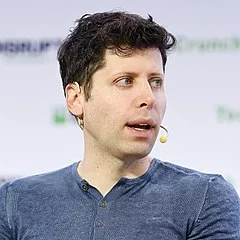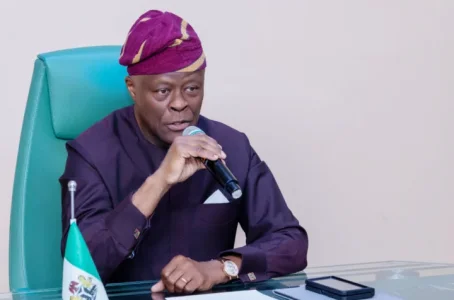
Image Credit: TechCrunch
OpenAI, the influential artificial intelligence research laboratory, announced on Friday that it has removed its co-founder and CEO, Sam Altman, following a review that revealed he was "not consistently candid in his communications" with the board of directors. The company expressed a loss of confidence in Altman's ability to lead, citing hindrances to the board's responsibilities.
Mira Murati, OpenAI's chief technology officer, has stepped in as interim CEO immediately, while the organization embarks on a search for a permanent replacement. The abrupt nature of Altman's departure has left the tech industry and the AI community speculating about the reasons behind this decision.
Altman, who played a pivotal role in founding OpenAI as a nonprofit research laboratory in 2015, gained prominence over the past year as the face of the organization and the broader AI boom. His public appearances and discussions on AI's potential and risks, especially in light of ChatGPT's global recognition, garnered attention worldwide. However, his alleged lack of candor with the board raises questions about the internal dynamics of the company.
The statement released by OpenAI did not provide details on the specific issues that led to Altman's removal, leaving the tech community curious about the circumstances. Altman himself took to X (formerly Twitter) to express his appreciation for his time at OpenAI, describing it as transformative and expressing love for working with talented individuals.
OpenAI's transition includes Greg Brockman, the president and board chairman, stepping down as chairman of the board without a clear explanation. The board now comprises OpenAI's chief scientist, Ilya Sutskever, along with three non-employees: Quora CEO Adam D'Angelo, tech entrepreneur Tasha McCauley, and Helen Toner of the Georgetown Center for Security and Emerging Technology.
Altman's departure, while sudden, appears to be centered around issues with the individual rather than problems with OpenAI's underlying technology or business, according to industry analysts. Microsoft, a key business partner that has invested heavily in OpenAI, reassured its commitment to the partnership despite the leadership change.
As OpenAI navigates this unexpected transition, industry observers are keenly watching how the organization will address the challenges of scaling the business, meeting regulatory expectations, and maintaining its status as a leading force in AI research and development. The departure of Altman, a well-known figure in Silicon Valley, raises questions about the future trajectory of both OpenAI and the broader AI landscape.




